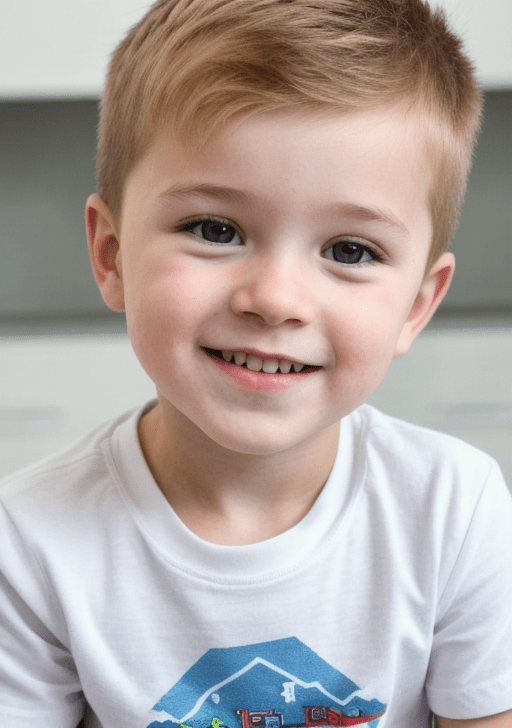Do Firstborns Look Like Their Dads?
As an AI webapp developer, I'm often confronted with fascinating questions about human genetics and traits. One of the most common inquiries I receive is whether first-born children tend to resemble their fathers more than their mothers. In this blog post, we will delve into this popular idea and explore the truth behind it.
The Theory
The notion that first-born children look like their fathers can be traced back to a theory proposed by evolutionary psychologist Robert Trivers known as the "Caring Father hypothesis." According to this theory, fathers who have doubts about the paternity of their child are more likely to invest their time and resources in nurturing that child if they see a resemblance between themselves and the baby. This increased investment in turn enhances the child's survival and reproductive prospects.
Scientific Studies
Several scientific studies have been conducted to investigate the validity of this theory. One notable study, published in the Journal of Health Economics, examined the resemblance between fathers and their children. Researchers analyzed data collected from a large sample size and found that children, particularly first-borns, are more likely to resemble their fathers. This phenomenon was observed across various racial and ethnic populations, providing evidence for a genetic component to the idea.
Genetic Influence
Resemblance between parents and their children can be attributed to both genetics and environmental factors. While environmental factors, such as upbringing and shared experiences, play a significant role in shaping a child's appearance and personality, genetic inheritance is a crucial aspect to consider.
Children inherit half of their genetic material from each parent. They receive 50% of their DNA from their mother and 50% from their father. This genetic information influences various physical traits, including facial features, hair color, and even personality traits. Therefore, it is indeed possible for children to inherit certain physical attributes that closely resemble those of their fathers.
The Importance of Context
While some studies may suggest a resemblance between first-born children and their fathers, it is important to remember that genetic inheritance is a complex phenomenon. The overall resemblance between parents and their children depends on multiple factors, such as the genetic dominance of certain traits, the mix of genetic material, and other hereditary variations. Additionally, individual differences in human genetics make it impossible to make broad generalizations about all first-born children.
Conclusion
Although studies support the idea that first-born children may exhibit more resemblance to their fathers, it is essential to view this theory within the context of variability in genetic inheritance. While children may inherit certain physical traits from their fathers, their overall resemblance is influenced by various factors, including the genetics inherited from their mothers and environmental influences.
At My Future Children, our AI-powered webapp, we believe that the fascination surrounding genetic inheritance and resemblance is a testament to the complexity and beauty of human genetics. So why not give our app a try and generate images of your future children with various facial traits inherited from both parents? Remember, genetics may influence appearance, but the unique blend of traits in each individual is what makes us all wonderfully unique.
